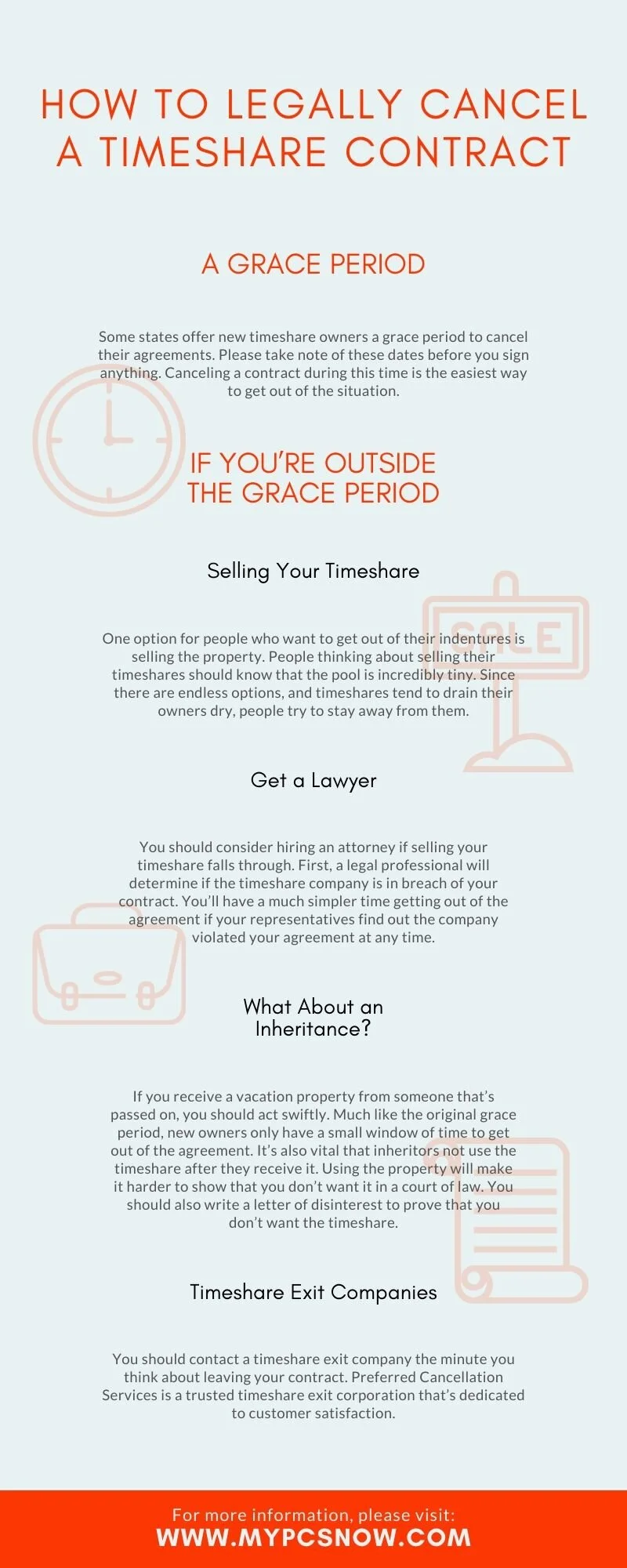To learn more on Depreciation, see Publication 946. NOTE: This is a guide on going into Rental Genuine Estate on a Schedule E in the Tax, Slayer Pro program. This is not planned as tax advice.:. Take Form 1099 that you received from the Internal Revenue Service and detail the gross sale of the residential or commercial property in Set up D of the kind. Your gross amount needs to be the value of the sale of the timeshare prior to deducting expenditures such as commissions, marketing and closing costs you incurred in the sale. Take your income returns form and complete the recommendation number of the Set up D in your Kind 1099. Enter the exact same quantity of gross income of the timeshare that you entered in Set up D in your income tax return. Subtract the costs such as commissions, marketing and closing expenses you incurred in the sale from the gross quantity of sale to show the bottom line that you have actually sustained.
You can either publish an equivalent figure to offset the loss figure to absolutely no or leave the figure as it is, considered that your week does not certify for reductions. Take Type 1099 that you got from the Internal Revenue Service and submit the gross sale of the home in Arrange D of the form. Your gross amount must be the value of the sale of the timeshare before subtracting action awards wfg costs such as commission, advertising and closing costs you sustained in https://diigo.com/0lt6o5 the sale (how do you legally get out of a timeshare). Take your earnings returns form and submit the reference variety of the Set up D in your Type 1099.
Deduct the expenditures such as commission, advertising and closing costs you sustained in the sale from the gross quantity of sale to reveal the bottom line that you sustained. Post this net loss figure in your income tax return as well. Add the total value of invoices that include the cost of final sale, upkeep charge over the years you owned the property, advertising expenses and examination charges if any were performed to get the overall tax deductions to be claimed. Attach the rental invoices and other documents that validate that you rented the home for not less than a month or documentation that shows your intent to lease the home, for instance advertisement invoices.
As your timeshare costs grow, you might be wondering how everything suits your tax picture - why would you ever buy a timeshare. The bright side is that some of your timeshare expenses are tax deductible. However others are not. To be sure you know what can and can't be composed off, let's break down the legal tax reductions for your timeshare. Maybe the only thing you ever anticipated from your timeshare was an annual week somewhere gorgeous and a break from all your difficulties. However if you're like most owners, you probably wound up borrowing money to get a timeshare in the very first place. And let's be honestit's tough to delight in the beach when you're drowning in debt.

Indicators on How Many Points Will My Timeshare Be Worth With Rci You Should Know
However. Here's something to lighten the load a little: If your timeshare loan is protected, the interest you paid on it will usually be tax deductible! But what does "secured" imply? In case you do not understand the distinction from the original purchase loan, a secured loan is either: A house equity loan you borrow versus your main house to fund the wesely a timeshare, or. A loan that uses your deeded timeshare week as the security, or security, for the loan. If you have actually a secured loan for your timeshare, you can compose the interest off. We never ever recommend debt, however if your loan is protected, you can at least alleviate a little bit of the financial discomfort by writing off the interest.
( Naturally there is.) You will not normally have the ability to subtract the interest paid if your timeshare week is through a long-term lease, also referred to as a "right-to-use" or "points-based" plan. To guarantee you'll have the ability to take advantage of this deduction when filing, be sure your deeded week appears in the loan file as the security for the loan. If it doesn't, be prepared to get a document from the seller plainly specifying that your deeded week is the loan's security. Sorry to say, your upkeep fees are not deductible. The resort where you have a timeshare utilizes these charges to spend for whatever from landscaping to features and company costs, and the average annual cost is around $1,000.1 In case you have not discovered, costs tend to rise by 5% a year.
There is one tax exception for upkeep charges. You can compose them off if, and just if, you paid them while leasing the timeshare to other individuals. Yes, you can get a deduction from the residential or commercial property taxes you pay on your timeshare. Just be sure you follow the guidelines to make it stick: The taxes assessed need to be different from any maintenance charges (the 2 are often lumped together in timeshare costs). You might need to ask for an itemized statement from your timeshare management to prove you paid property taxes. Note that the real estate tax on your timeshare might be evaluated to the entire resort, or as part of a tax parcel bigger than your specific share.
